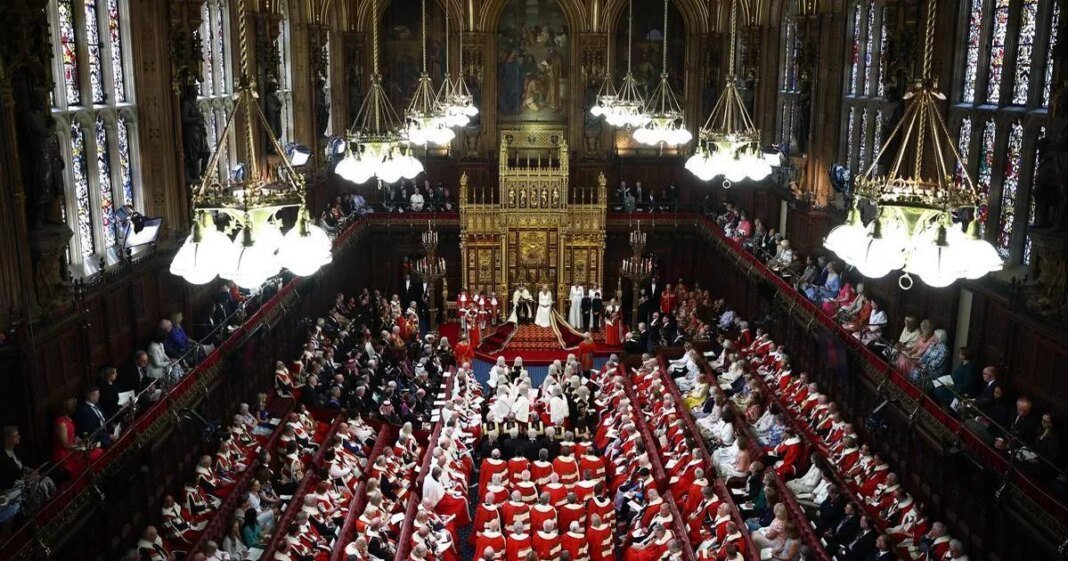The Conservative and Liberal Democrat parties are facing criticism for allegedly attempting to weaken the workers’ rights bill. The Fire Brigades Union (FBU) has accused opposition party members in the House of Lords of introducing changes that could undermine Labour’s efforts to safeguard employees from oppressive employers.
The legislation, led by Deputy Prime Minister Angela Rayner, was a significant element of Labour’s election campaign. It aims to eliminate exploitative zero-hours contracts, prevent employers from replacing dismissed workers with agency staff, and provide bereavement leave for expectant parents who experience a pregnancy loss before 24 weeks.
However, the FBU has raised concerns that the Conservatives and Liberal Democrats are proposing amendments to eliminate guaranteed working hours, remove protections against unfair dismissal, and weaken the ability to strike. Members of Parliament will have the opportunity to reject these amendments when the bill returns to the Commons in September.
The process of voting on amendments, known as “ping-pong,” will continue between the two Houses until a consensus is reached. FBU General Secretary Steve Wright has urged Labour leader Keir Starmer to reject all amendments, cautioning that any concessions to the Lords could have detrimental effects on Labour’s agenda.
Wright stated, “It is unacceptable that unelected House of Lords members are trying to undermine efforts to outlaw exploitative practices and protect workers’ rights. Labour was elected on a platform that prioritizes enhancing workers’ rights, and allowing these amendments to dismantle the legislation would be disastrous.”
He emphasized the widespread support for the Employment Rights Bill among voters and its importance as one of Starmer’s popular policies. Wright called for the complete removal of the proposed amendments, describing them as an attempt by the Tories and Lib Dems to maintain anti-trade union laws through indirect means.

